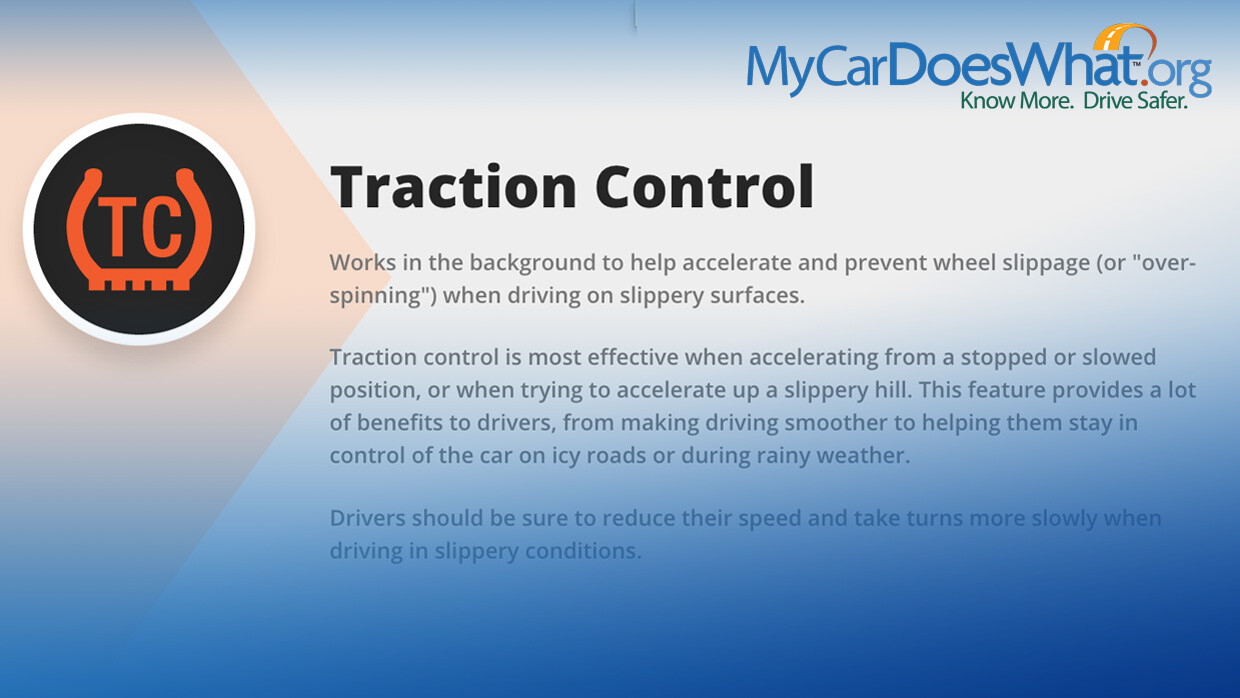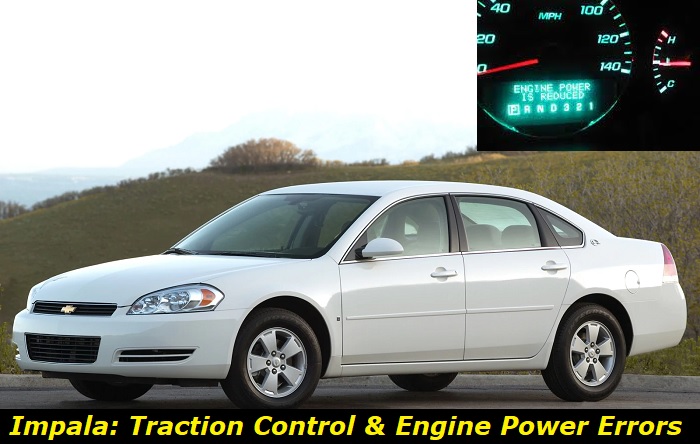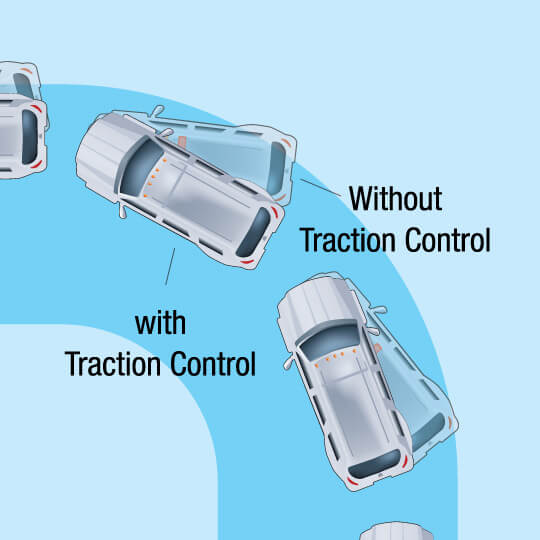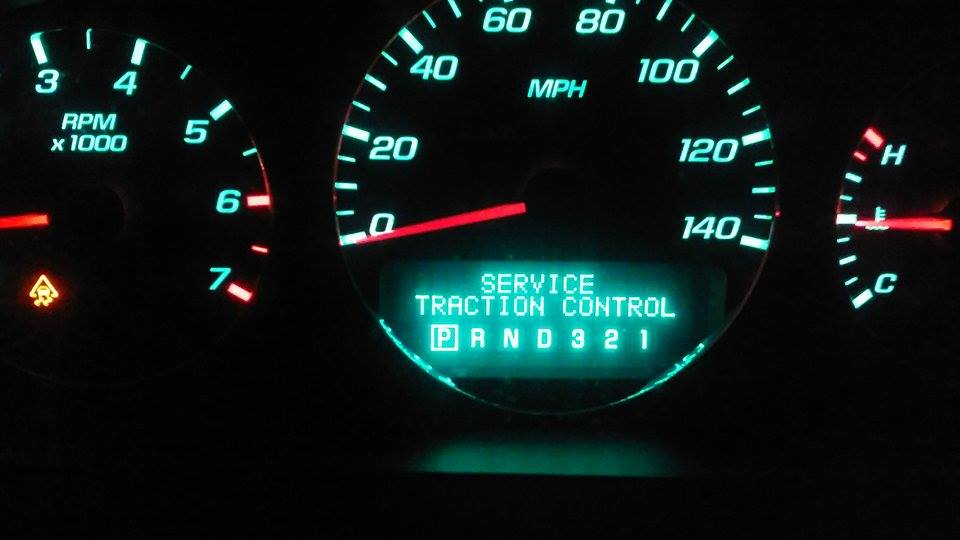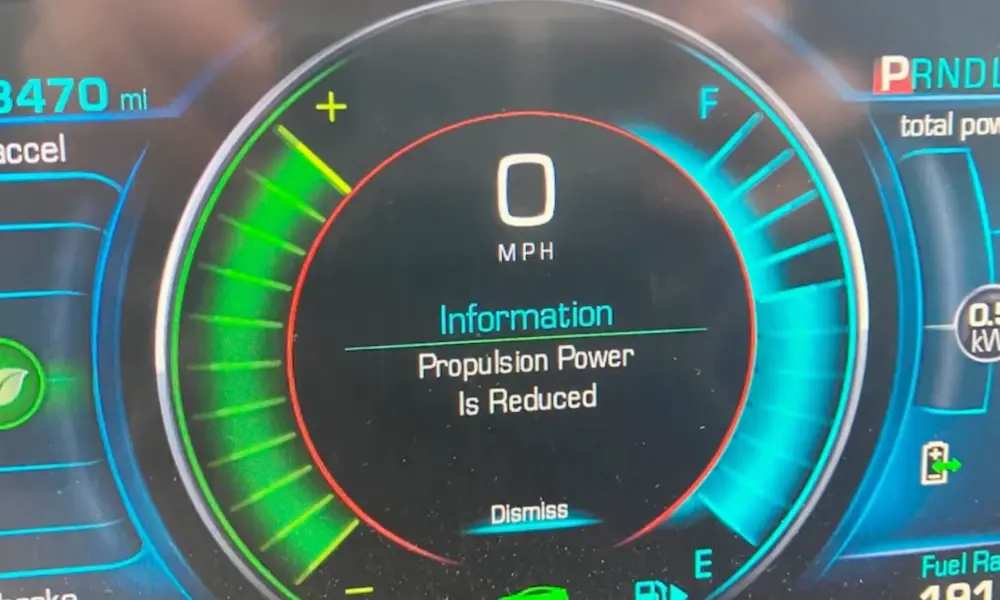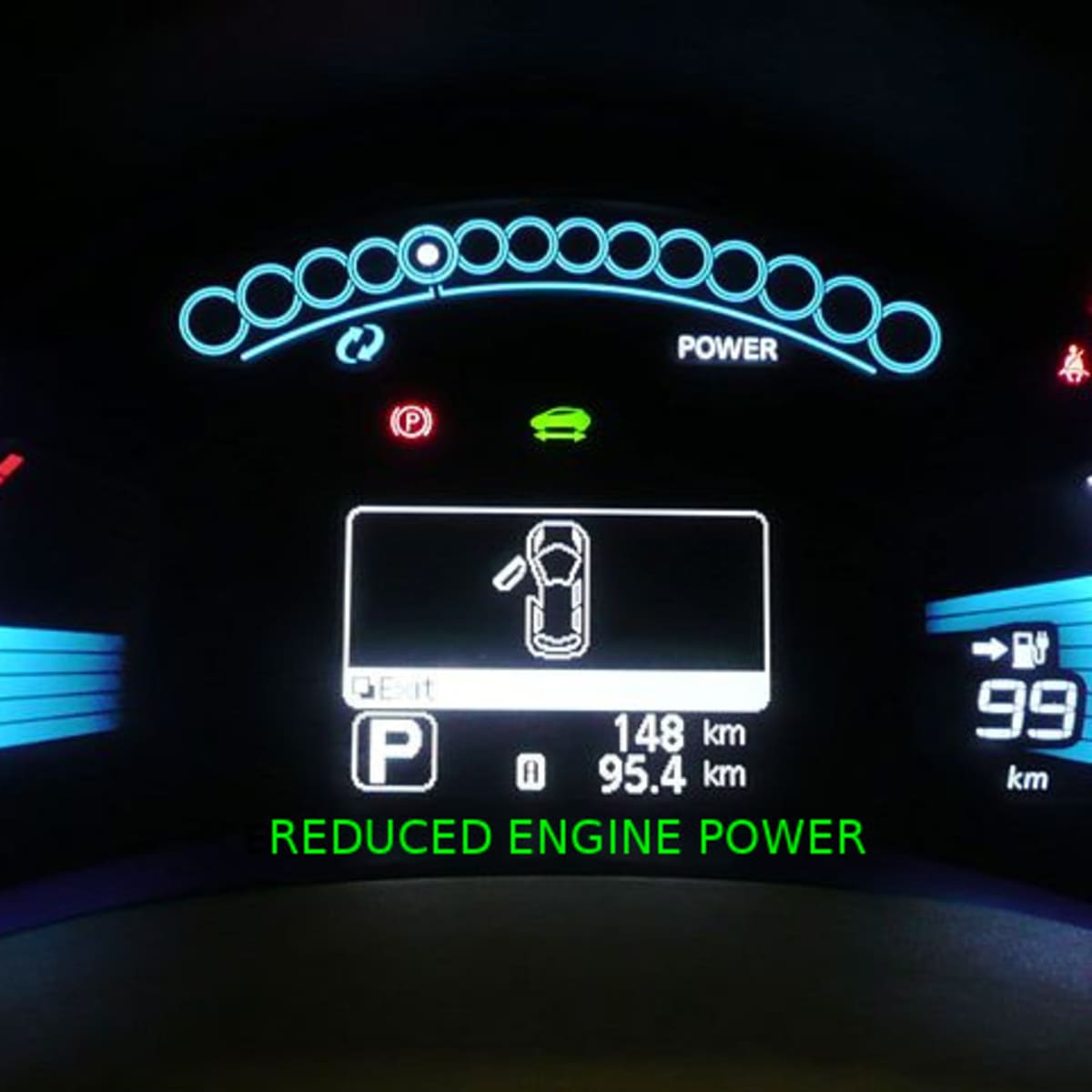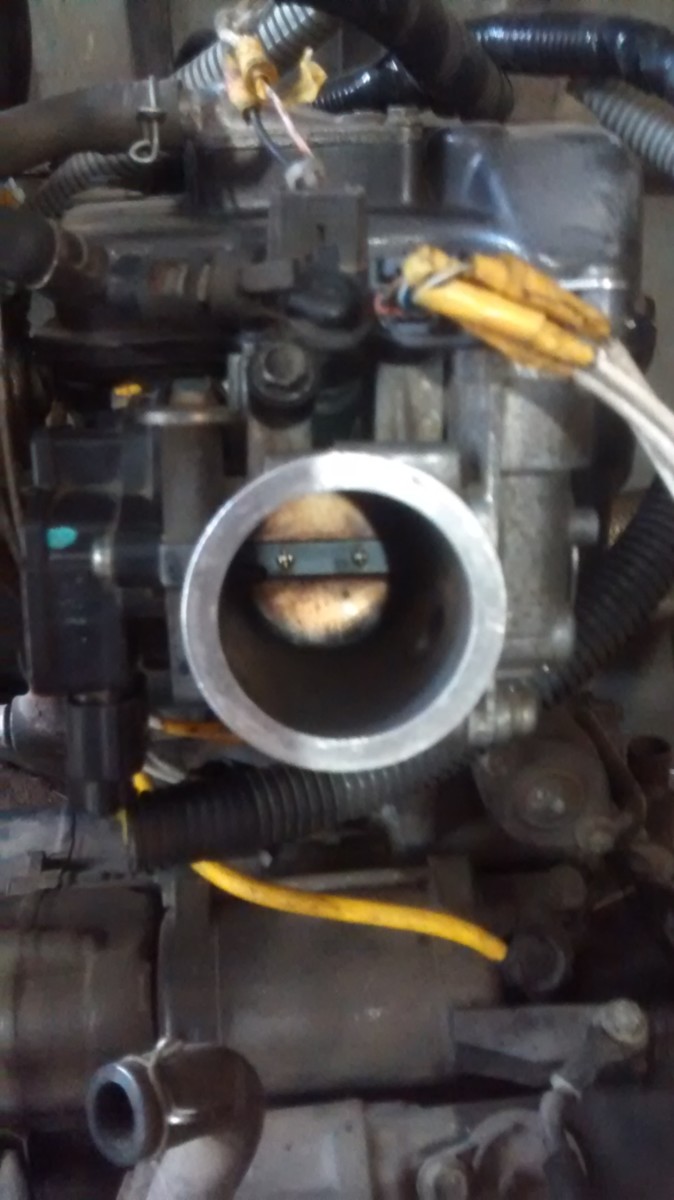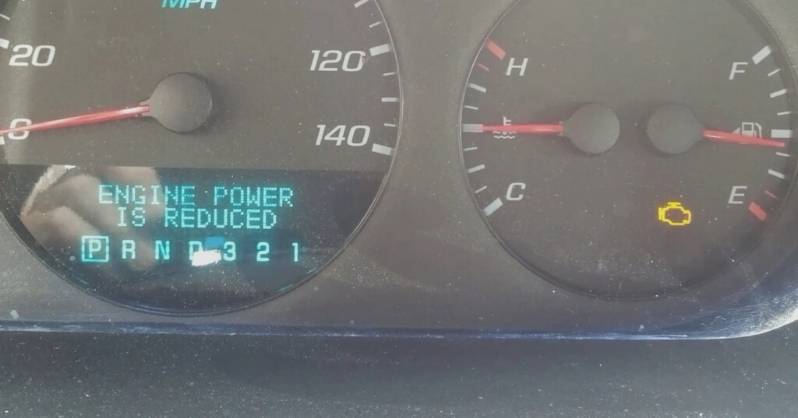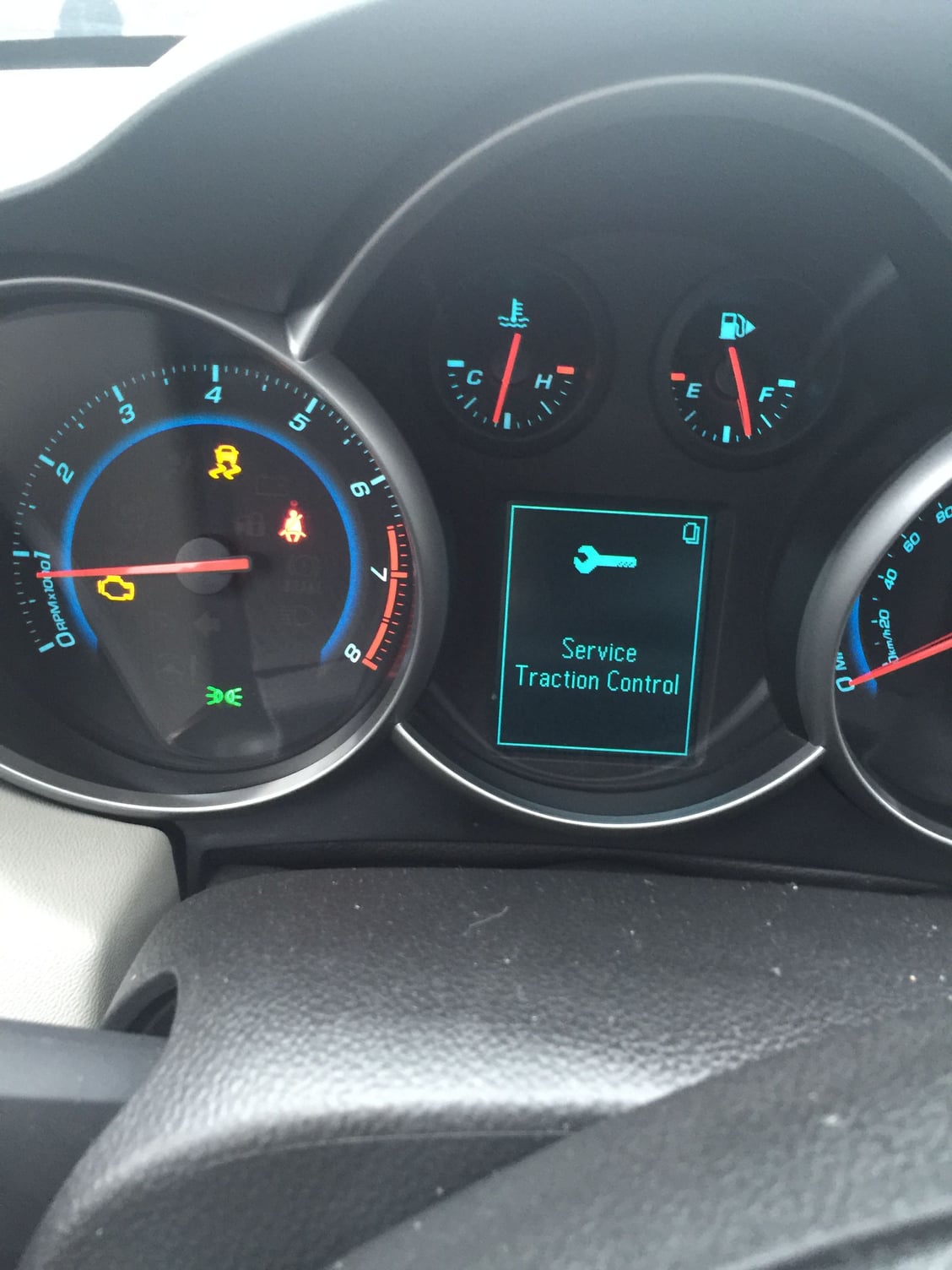Service Traction Control Engine Power Reduced

Imagine the open road, the sun kissing your face, and the rhythmic hum of your engine promising adventure. Then, a jarring alert flashes across your dashboard: "Service Traction Control," followed ominously by "Engine Power Reduced." The thrill of the journey suddenly deflates, replaced by a knot of worry in your stomach. What does it all mean? Is your trusty vehicle about to give up on you?
This article delves into the common, yet often perplexing, issue of receiving "Service Traction Control" and "Engine Power Reduced" alerts in modern vehicles. We'll explore the potential causes, what these warnings signify, and how to approach the situation to ensure your safety and get your vehicle back on the road. Our goal is to demystify these messages and provide practical guidance based on expert insights and common experiences.
Understanding the Warnings
The Traction Control System (TCS) is a crucial safety feature designed to prevent wheel spin and maintain control of your vehicle, especially in slippery conditions. When the system detects a loss of traction, it automatically reduces engine power and applies braking force to individual wheels. This helps to keep your vehicle stable and prevent skidding.
The "Service Traction Control" message indicates that the system is malfunctioning or has been temporarily disabled. This malfunction can range from a minor sensor issue to a more complex problem within the vehicle's electronic control unit (ECU).
The "Engine Power Reduced" message often accompanies the TCS warning, as the system may be limiting engine output to compensate for the perceived loss of traction. It is a fail-safe mechanism to keep the driver safe.
Possible Causes
Several factors can trigger these warnings, ranging from simple fixes to more involved repairs. One common culprit is a faulty wheel speed sensor. These sensors monitor the rotational speed of each wheel and transmit this information to the TCS.
Damage to the wiring connecting the sensors to the control module can also trigger the warnings. Damaged or corroded wires can interrupt the signal, leading the system to believe that a wheel is spinning when it is not.
Another possible cause is a malfunctioning throttle position sensor (TPS). This sensor monitors the position of the throttle pedal and sends this information to the engine control unit. A faulty TPS can lead to incorrect engine output and trigger the "Engine Power Reduced" message.
Software glitches within the vehicle's ECU are another, increasingly common, possibility. Modern vehicles rely heavily on software to control various systems. Bugs or corrupted data can sometimes trigger false alarms.
Low brake fluid can sometimes indirectly trigger these warnings as well. While not a direct cause, low brake fluid can affect the braking system's performance, potentially leading to TCS activation and subsequent power reduction.
The Significance of the Alerts
It's important to take these warnings seriously, even if they appear intermittently. While sometimes a minor nuisance, ignoring them could lead to more significant safety issues. Driving with a malfunctioning TCS can compromise your ability to maintain control of the vehicle in slippery or challenging conditions.
Reduced engine power can also create dangerous situations, especially when merging onto highways or navigating heavy traffic. A sudden loss of power can leave you vulnerable to accidents.
Ignoring these warnings can also potentially lead to further damage to your vehicle. The underlying issue causing the alerts may worsen over time, resulting in more costly repairs down the road.
What to Do When the Warnings Appear
The first step is to remain calm and assess the situation. Find a safe place to pull over if possible. Avoid sudden braking or sharp maneuvers.
Next, try restarting your vehicle. Sometimes, a simple reboot can clear temporary glitches and reset the system. Observe whether the warnings reappear immediately after restarting.
If the warnings persist, it's crucial to have your vehicle inspected by a qualified mechanic. A professional can diagnose the underlying cause of the problem using specialized tools and diagnostic equipment.
Don't attempt to diagnose or repair the issue yourself unless you have extensive automotive knowledge and experience. Tampering with the TCS or engine control systems can be dangerous and could potentially void your vehicle's warranty.
Professional Diagnosis and Repair
A mechanic will typically use an OBD-II scanner to retrieve diagnostic trouble codes (DTCs) from your vehicle's computer. These codes provide valuable clues about the nature of the problem.
Based on the DTCs and a thorough inspection, the mechanic can pinpoint the source of the issue. Repairs may involve replacing faulty sensors, repairing damaged wiring, updating software, or addressing other mechanical problems.
Ensure that the mechanic uses genuine or high-quality replacement parts. Inferior parts can fail prematurely and may not be compatible with your vehicle's systems.
After the repairs are completed, the mechanic should clear the DTCs and test the system to ensure that the problem has been resolved.
Preventive Measures
Regular maintenance can help to prevent these warnings from appearing in the first place. Ensure that your vehicle's fluids are properly maintained, including brake fluid. Periodically inspect the wiring and connectors for any signs of damage or corrosion.
Pay attention to any unusual noises or vibrations coming from your vehicle, especially when braking. These could be early warning signs of potential problems with the TCS or braking system.
Consider having your vehicle's software updated regularly by a qualified mechanic. Software updates can address bugs and improve the performance of various systems.
Proper tire maintenance is also important. Make sure your tires are properly inflated and have adequate tread depth. Uneven tire wear can affect the TCS and trigger false warnings.
The Broader Context of Vehicle Safety Systems
The Traction Control System is just one of many advanced safety features found in modern vehicles. Anti-lock braking systems (ABS), electronic stability control (ESC), and advanced driver-assistance systems (ADAS) all work together to enhance safety and prevent accidents.
These systems rely on a complex network of sensors, computers, and actuators to monitor and control various aspects of vehicle performance. As vehicles become increasingly sophisticated, it's essential to understand how these systems work and how to maintain them properly.
Automakers are constantly developing new and improved safety technologies to further reduce the risk of accidents. Staying informed about these advancements can help you make informed decisions when purchasing or maintaining your vehicle.
Conclusion
Encountering "Service Traction Control" and "Engine Power Reduced" warnings can be unsettling, but understanding their potential causes and knowing how to respond can significantly ease your anxiety. Remember, these alerts are designed to protect you and your vehicle.
By taking a proactive approach to maintenance, seeking professional help when needed, and staying informed about the latest safety technologies, you can ensure that your vehicle remains a reliable and safe companion on the road. A little knowledge and preventative care can go a long way in keeping you and your loved ones safe on your journeys.





